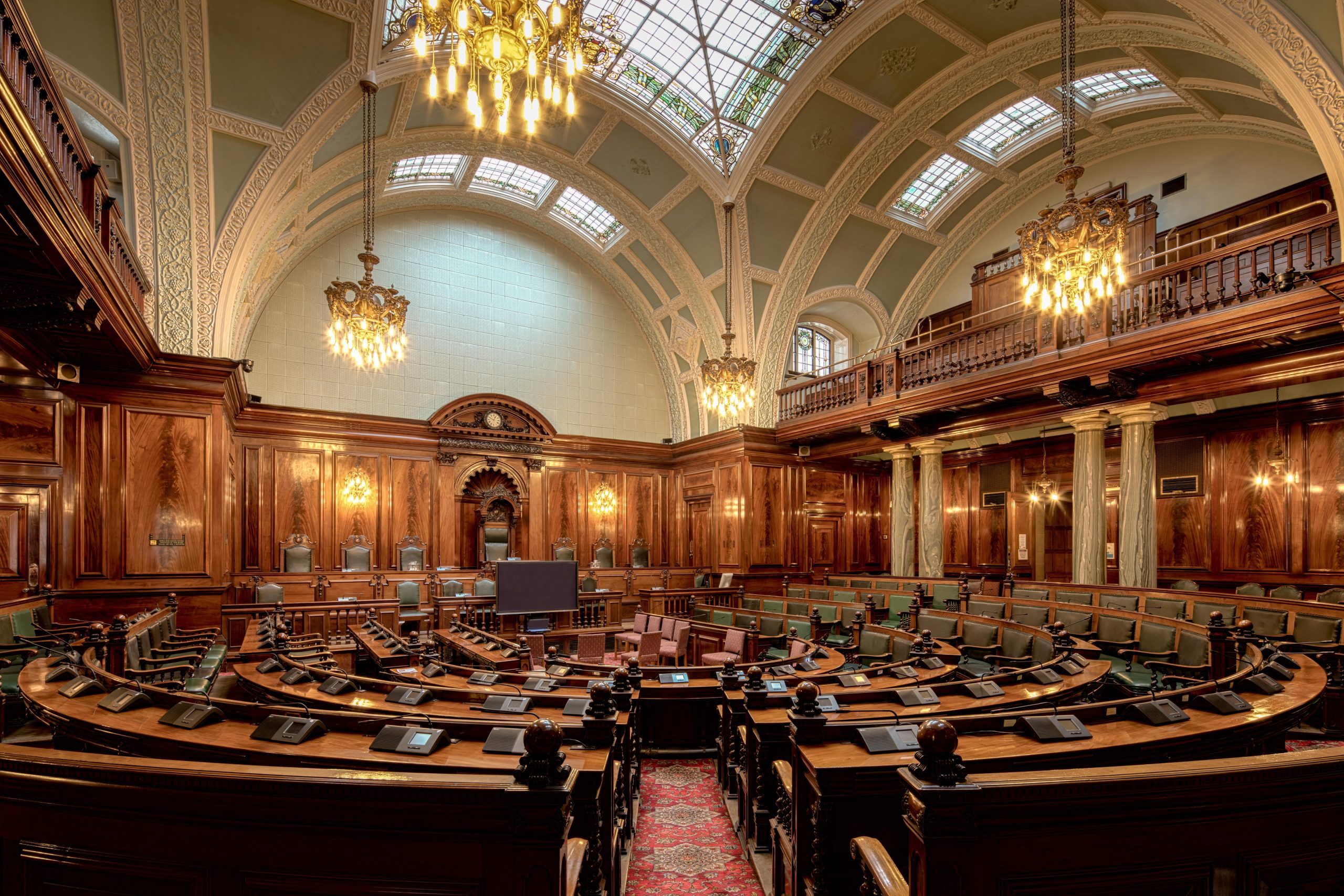The Rising Cost of Butter: When Does It Become Too Much?
In recent times, many consumers have been grappling with the rising cost of everyday items, and butter is no exception. I recently ventured into my local Woolworths for a click-and-collect order, confidently expecting to purchase my regular brand of salt-reduced butter. It’s a staple in my pantry, and despite my tendency to be somewhat price-sensitive, I’ve always considered it worth the splurge.
Traditionally, I could count on paying around $6 for a 375g tub of Mainland salt-reduced butter – a price that felt reasonable for the quality. However, upon checking today, I was taken aback to discover that the price has surged to an eye-watering $9.50! This dramatic increase leaves me wondering what could possibly justify such a steep rise.
Interestingly, I found that my local Aldi offers the same butter for $2 less, and even my neighborhood IGA is becoming increasingly competitive in prices across various items, perhaps signalling a shift in where consumers choose to shop.
With prices on the rise, it raises an important question: at what point do consumers draw the line? For many, affordability plays a crucial role in purchasing decisions, and it seems that many are seeking alternatives elsewhere. As we navigate these challenging economic times, it will be fascinating to see how retailers adapt to consumer sentiment and whether they’ll reconsider their pricing strategies to remain competitive.



